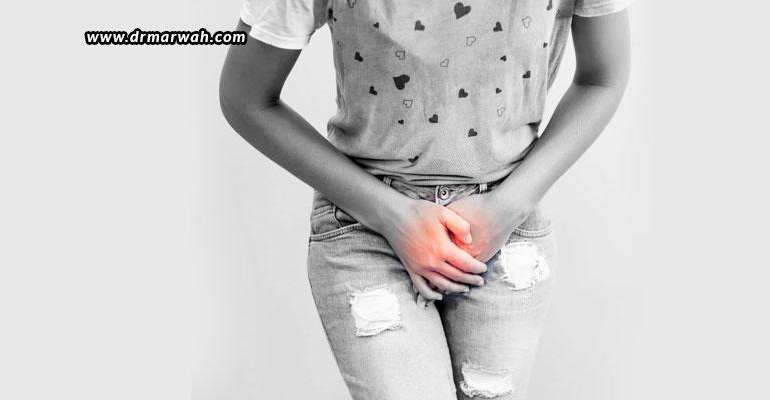Urinary incontinence is not a life-threatening medical condition; but it definitely alters the life of the patient, affecting the quality of life. When one suffers from urinary incontinence, he or she is always concerned and worried about urine leakage. What if their urine leaks in public? What if they can’t get to the toilet in time? Such what-ifs make the patient bothered, which is why they may stop engaging in even their favourite activities like sports, exercising, dancing, travelling, partying, etc. While urinary incontinence is not a rare problem as it affects majority of women after a certain age, it definitely is a matter of concern for all those who experience it, as it becomes very shameful for them to have their urine leak in public.
Urinary incontinence can never be predicted. It may be very minimal, leaking only a few drops, or it could be severe, leaking so much that your pants are soaked. For those who have minimal urinary incontinence, it becomes easier to manage the condition as it goes unobserved in public and doesn’t lead to excessive problems. But, for those who experience several conditions, it can be very shameful and depressing. Generally, if your condition is severe, there is no other way out, other than undergoing a urinary incontinence laser treatment in Mumbai. But, if your condition is only minimal, the good news is that only a few simple lifestyle and behavioural changes can help you manage, and even treat your condition effectively! Here are some tips that you may follow and improve your condition.
Restrict fluid intake
This is a very sensible behavioural change, but it could also become dangerous. How? We will explain. One of the basic reasons why we start feeling an urge to pee is when we intake too much fluid. When we intake water, juices, soft drinks, tea, coffee, or any other beverage more than the amount our body can handle, we will urgently want to pee. Thus, you need to restrict the amount of fluid intake to control your urine. However, this can prove dangerous if you completely stop drinking water, at least the amount that is required by the body to function well. It is generally believed that an adult needs at least 8 glasses of water a day for good functioning of the body. What you can do to stay safe is focus on drinking 8 glasses of water a day, and avoid any other kinds of beverages. At the most, just intake 2 glasses of milk/tea/coffee – one in the morning and one in the evening.
Limit caffeine intake
Just like fluids, caffeine intake can also be disturbing for the bladder. Caffeine stimulates the kidneys to make more urine at a faster rate than normal. So, try to stop or at least minimize the intake of caffeine.
Try pelvic floor exercises
Pelvis floor exercises have you to tighten up or contract your pelvic floor muscles as if you need to prevent gas from escaping. This will help strengthen your muscles and thus control your urine. However, while doing these exercises, you should feel the contraction more near the anus than in the front.
Train your bladder
Train anyone and they will do as you say; you can do the same with your bladder. Weird, but true! Training your bladder involves spacing out your voids. Thus, if you urinate every hour, try to wait for at least one and a half hour after you pee, before getting into the bathroom again. Once this time is achieved, move on to two hours. This way, space your bathroom visits. Although it may take weeks and months to train your bladder, it will definitely be effective in the long run.
With these four slow yet effective tips, you can definitely improve the performance of your bladder. However, if you think you are way too far from controlling your bladder in this way, you may as well get in touch with Dr. Marwah’s Clinic to have the best and most successful urinary incontinence laser treatment in Mumbai. This will help tighten your vaginal wall with the help of gentle laser energy, which indirectly helps the bladder wall to tighten up; thus avoiding any kind of urine leakage.



